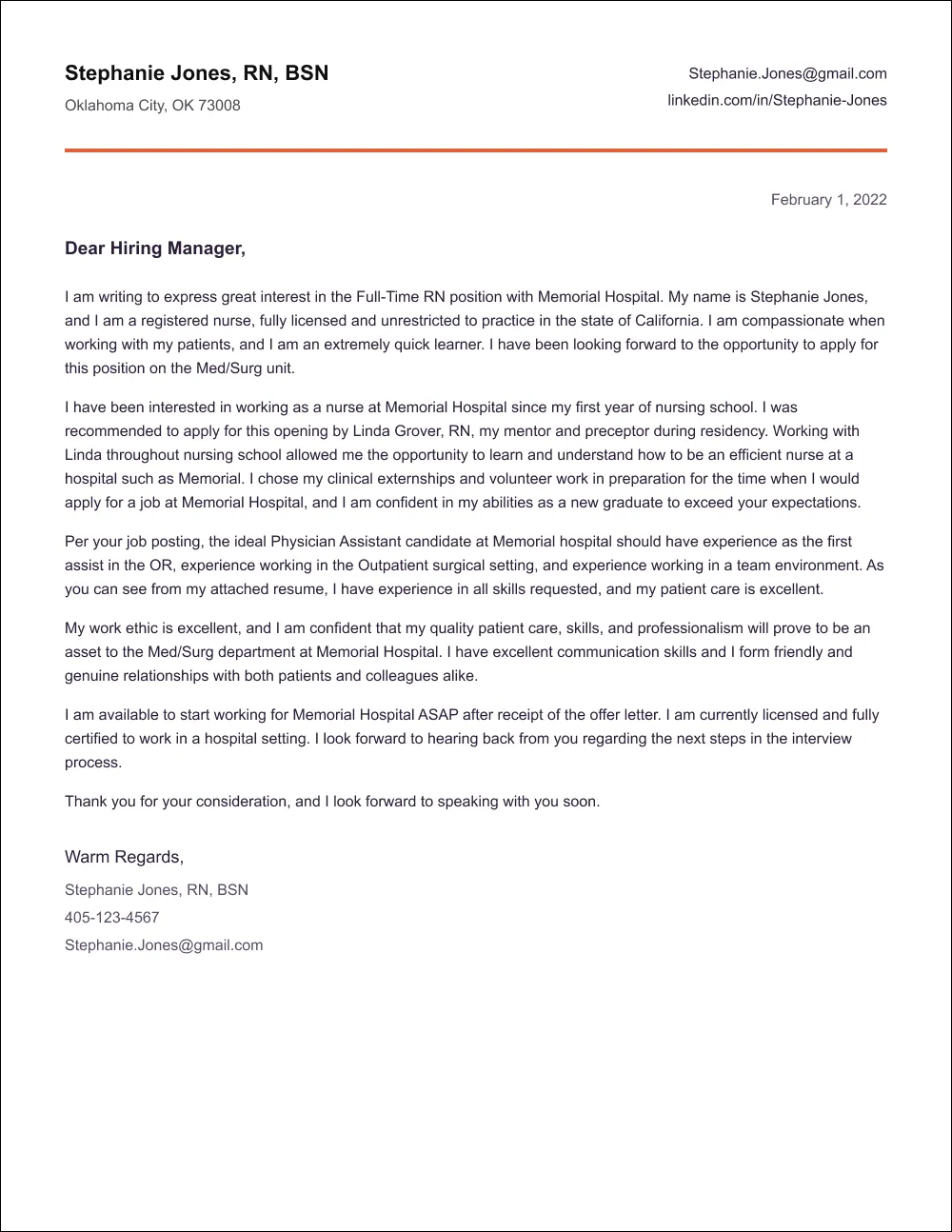What is the Purpose of a Cover Letter?
A cover letter serves a multitude of purposes in the job application process, making it a crucial component of your professional presentation. At its core, a cover letter introduces you to a potential employer and outlines your interest in a specific position. It goes beyond simply listing your qualifications, as it offers an opportunity to explain why you are an ideal fit for the role and the company. This document provides a platform to showcase your personality, enthusiasm, and communication skills, allowing you to create a lasting positive impression on the hiring manager and demonstrate why you stand out from the other candidates. A well-crafted cover letter acts as a critical first step in securing an interview and advancing your career goals.
Highlighting Your Skills and Qualifications
The purpose of a cover letter includes highlighting your skills and qualifications in a manner that complements your resume. While your resume provides a chronological overview of your work history, a cover letter enables you to elaborate on your experiences and connect them directly to the requirements of the job. This gives you the chance to use specific examples to illustrate your accomplishments, quantify your achievements, and demonstrate how your skills have translated into successful outcomes in the past. The cover letter acts as a narrative, helping the hiring manager understand the value you bring to the table and envision how you can contribute to their team. You can use the cover letter to connect your skills and qualifications to the specific needs of the job, using keywords from the job description to increase your chances of success.
Why a Cover Letter Matters
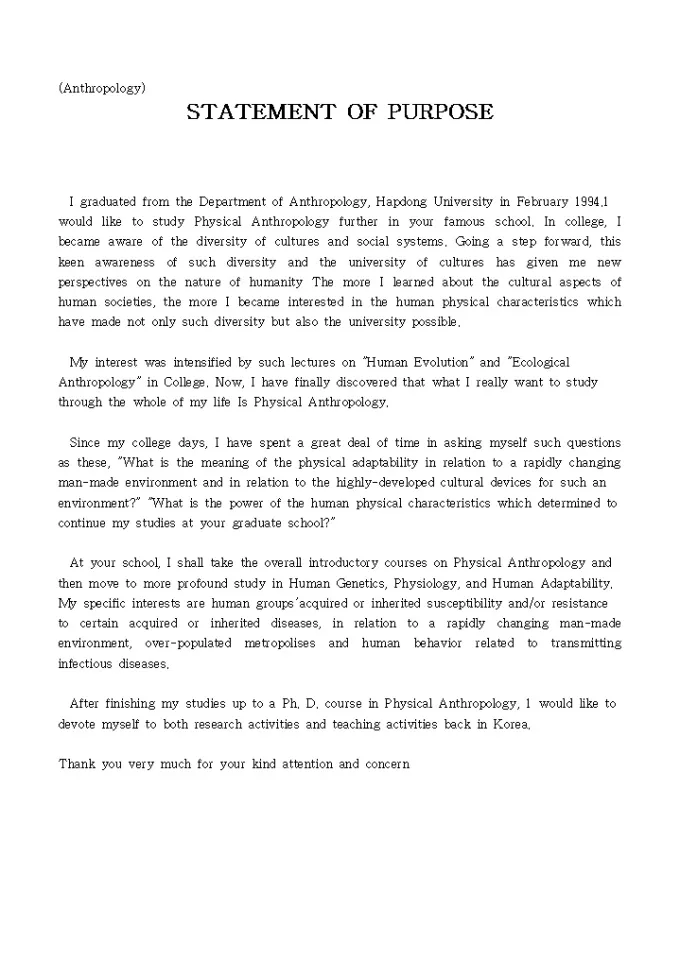
A cover letter’s importance in the job application process should never be underestimated. It offers a vital chance to showcase your personality and enthusiasm, which are often lacking in the formal structure of a resume. Furthermore, it is essential for demonstrating your understanding of the company, the role, and the industry as a whole. Tailoring your cover letter to each specific job application demonstrates to the hiring manager that you have put in the time to research the company and have a genuine interest in the position. This kind of personalized approach can significantly increase your odds of landing an interview. Without a cover letter, your application may come across as generic and impersonal, making it easier for the recruiter to reject it.
Introducing Yourself and Expressing Interest
The cover letter is where you introduce yourself and express your genuine interest in the position. Start by clearly stating the specific position you are applying for and how you found the opening. Briefly share why you are drawn to the role and the company, showing your enthusiasm and making a personal connection with the hiring manager. A well-written opening paragraph sets the tone and encourages the reader to learn more about you. Showing that you are passionate about the job is critical for grabbing the recruiter’s attention and motivating them to look further into your application. You should also include a call to action, which can be something like, “I am eager to learn more about the opportunity and how my skills and experience can benefit your team.”
Tailoring Your Application
One of the main purposes of a cover letter is to tailor your application to a specific job and company. While resumes typically provide a general overview of your qualifications, a cover letter allows you to customize your message. Examine the job description carefully and identify the key skills and qualifications the employer is seeking. Then, in your cover letter, highlight the experiences and achievements that align with those requirements. It helps to use the language from the job description to show that you understand what the company is looking for and are familiar with the required keywords. This targeted approach indicates that you have taken the time to understand the role and makes you a better match.
Demonstrating Your Understanding
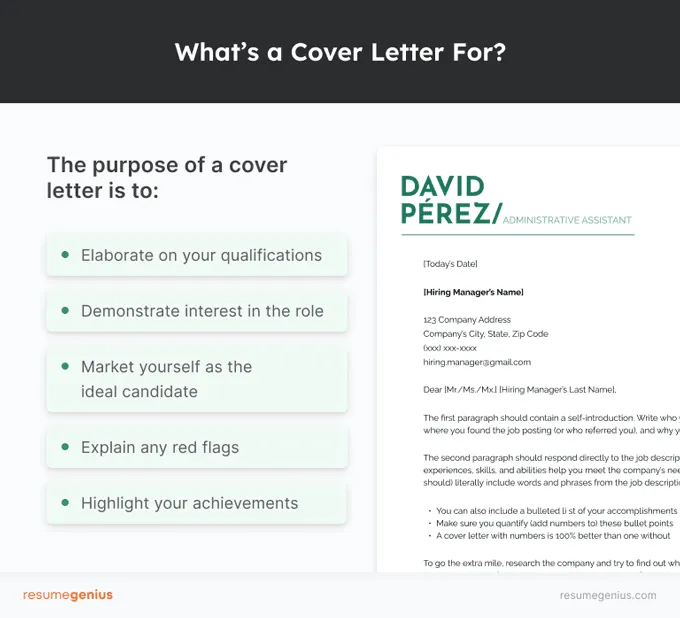
A strong cover letter shows that you understand the company, the position, and the industry. Before you begin writing, research the company’s mission, values, and recent achievements. Use this knowledge to personalize your letter and explain how your skills and experiences align with their goals. Show the hiring manager that you have a strong grasp of their business and any challenges they face. This demonstrates your interest and commitment and can help you to stand out from other applicants. You can also use this space to discuss any specific projects or initiatives that resonate with you. Mentioning a company’s current goals and explaining how your skills can help them achieve those goals is another important function of the cover letter.
Why is a Cover Letter important?
A cover letter is far more than just an additional document; it’s a vital tool for increasing your chances of getting an interview. It allows you to highlight relevant skills, demonstrate your personality, and show your genuine interest in both the position and the company. In a competitive job market, a well-written cover letter can make the difference between getting an interview and having your application discarded. It enables you to stand out and be more than a list of qualifications. It is your chance to impress the hiring manager and compel them to read your resume and call you for an interview.
Showcasing Your Personality and Enthusiasm
A cover letter provides you with the opportunity to express your personality and enthusiasm. In contrast to a resume, which must be formal and concise, a cover letter lets you express your passion for both the role and the company. Use a friendly tone and include personal anecdotes that illustrate your enthusiasm. This personal touch helps the hiring manager to connect with you on a deeper level, making your application more memorable. Presenting your personality helps you get noticed, increasing your chances of getting an interview and ultimately landing the job.
Offering a More Complete Picture
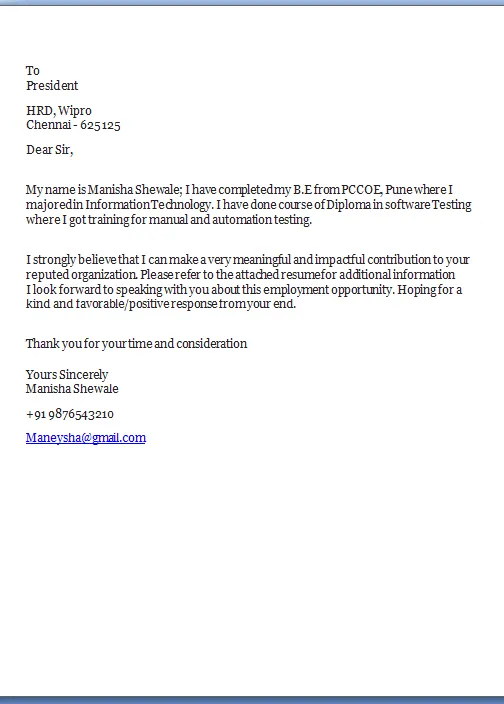
The cover letter provides a more complete picture of who you are as a professional. You can use it to explain employment gaps, address any concerns a hiring manager might have, and provide context for your resume. You can use the cover letter to highlight experiences that are pertinent to the job but may not be detailed on your resume. This additional information helps the hiring manager better understand your skills, experience, and how you can contribute to the team. By giving a comprehensive view of your background, you enhance your likelihood of being hired. Use the cover letter to tell your unique story and explain why you are the best candidate for the job.
Addressing Specific Requirements
Many job descriptions outline specific requirements or qualifications that employers seek. Your cover letter offers an excellent chance to address these directly. Review the job description carefully and tailor your letter to highlight relevant skills and experiences. Provide specific examples of how you have met similar requirements in the past. If there are specific skills or qualifications mentioned in the job description, be sure to address them explicitly in your cover letter. This will show you are a strong fit and increase your chances of getting an interview.
Cover Letter Do’s and Don’ts
Writing an effective cover letter is an essential part of the job application process. Following some basic rules can significantly boost your chances of getting hired. Here are some key things to keep in mind when crafting your cover letter. It’s important to proofread for any grammatical errors and spelling mistakes as these can hurt your chances. Remember that a well-crafted cover letter is a vital component in your job application, and it should be given appropriate attention. Be sure your cover letter is up to the standards of the company and the position you are applying for.
Do: Research the Company
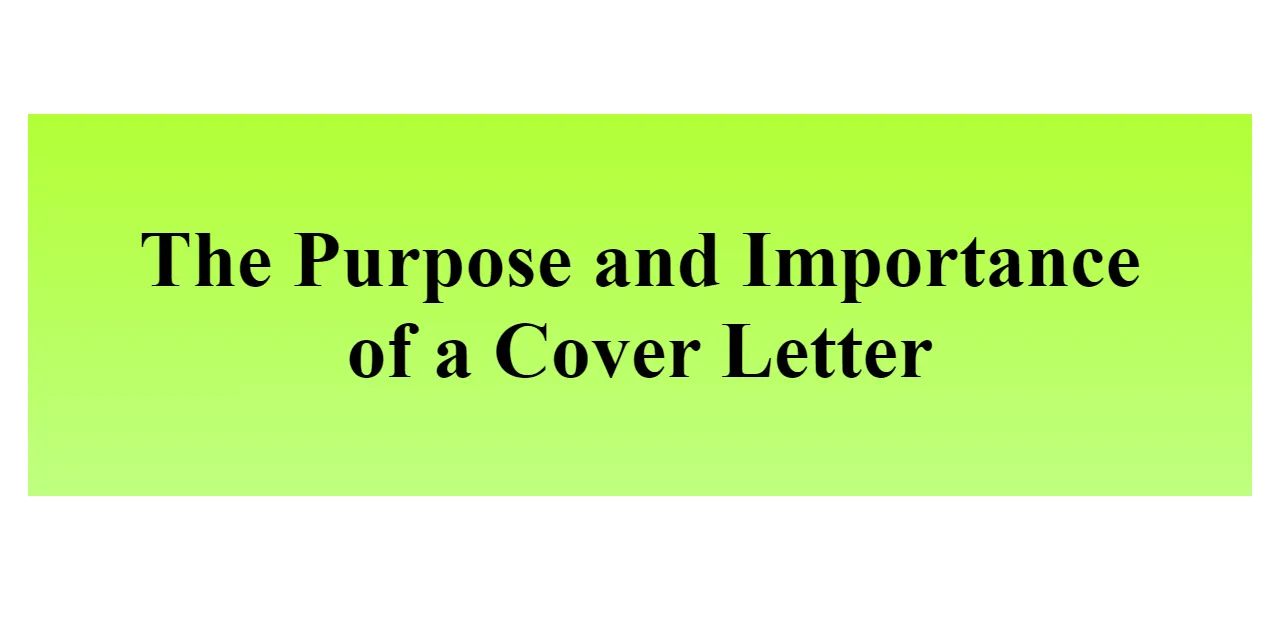
Before writing your cover letter, research the company to ensure you are a good fit. Understand their mission, values, and recent accomplishments. This helps you tailor your letter to their specific needs and demonstrate genuine interest. Mentioning specific projects or initiatives that resonate with you shows that you’ve taken the time to learn about the company. This also shows that you are not sending out mass applications, and shows the hiring manager that you truly care about the opportunity.
Do: Proofread Carefully
Always proofread your cover letter before submitting. Check for grammatical errors, spelling mistakes, and typos. These mistakes can harm your credibility and make a negative impression. Read your letter aloud, or ask a friend or family member to review it. Ensuring your cover letter is error-free reflects your professionalism and attention to detail. A polished cover letter is a good reflection of your professionalism.
Do: Keep it Concise
Keep your cover letter concise and to the point, aiming for a single page and avoiding irrelevant information. Hiring managers are often busy and have limited time to review lengthy letters. Focus on highlighting your most relevant skills and experiences. Be direct and make your point clearly. A well-written, concise cover letter is more likely to catch the hiring manager’s eye.
Don’t: Be Generic
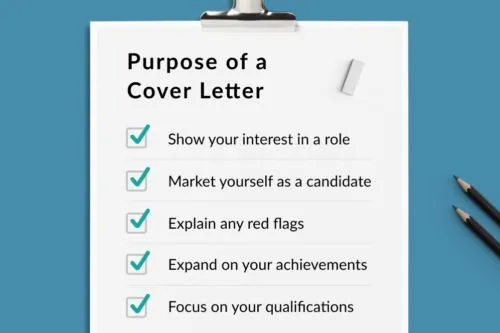
Avoid using a generic cover letter that could be sent to any company or position. Tailor each letter to the specific job and company. Research the company, understand the role, and highlight how your skills and experiences align with their needs. Generic cover letters are often overlooked because they do not show genuine interest or understanding of the position. Personalize each letter to increase your chances of being noticed.
Don’t: Repeat Your Resume
Avoid simply repeating the information already on your resume. Your cover letter should elaborate on your skills and experiences, providing context and demonstrating how you can contribute to the company. Use your cover letter to explain specific achievements and illustrate your qualifications with concrete examples. The cover letter should complement, not duplicate, your resume. Focus on the most relevant information for the role.
Don’t: Use Jargon
Avoid using industry jargon or overly technical language that the hiring manager might not understand. Use clear, concise language. If you must use industry-specific terms, explain them. The goal is to communicate your qualifications effectively. A well-written cover letter that is easy to understand is more likely to impress the hiring manager.
